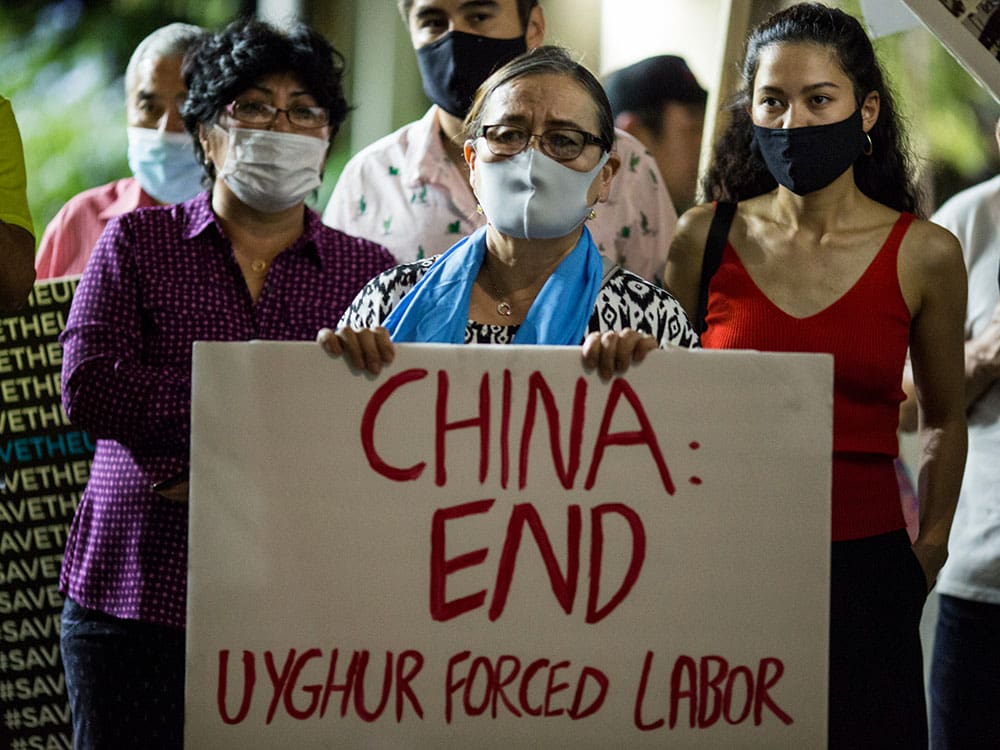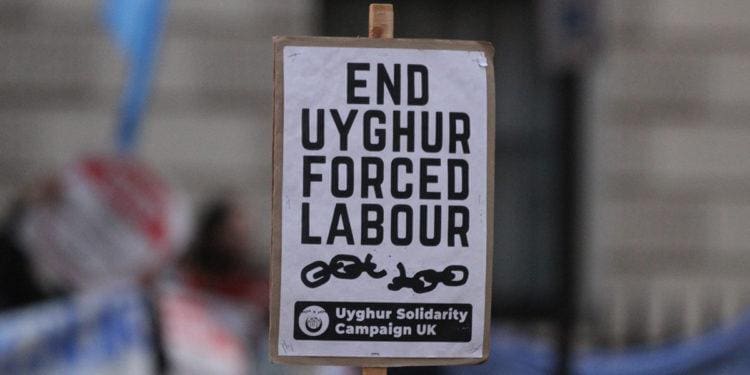Ethical sourcing and due diligence have become crucial components of third-party risk management. But as Creditsafe’s Matthew Debbage explains, many companies still aren’t taking the threat seriously enough.
Despite the increasing focus on compliance and risk management, a recent survey by Creditsafe found that nearly half (42%) of companies would still work with a supplier even if they have been sanctioned or involved in corruption, bribery, fraud, money laundering or forced labor. And it’s not as if this is simply a function of ignorance of the truth: 83% of companies run compliance checks on international suppliers at least once a quarter, indicating that they are either not taking the results seriously or may be ignoring the outcomes.
We expected the respondents in our study to show a stronger commitment to ethical sourcing, but what we discovered was a contradiction between companies’ publicly espoused values and their actions.
This contradiction highlights a significant issue in global supply chain management, and it must change if brands want to restore customer confidence and prevent costly mistakes like lawsuits or fines.
Where Does Your Cotton Come From? Dismantling Global Forced Labor Requires Pinpoint Supply Chain Transparency
At any given time on earth, an estimated 25 million people are forced to work against their will. The human rights atrocities alleged in China’s Xinjiang Uyghur Autonomous Region have rightly generated outrage and political action.
Read moreAnswering the call for ethical sourcing
Ignoring ethical sourcing and supplier due diligence within your business and with your international suppliers can have severe consequences. A brand’s reputation can be severely damaged, with negative publicity or plummeting stock prices and could be subject to lawsuits, compliance violations and regulatory fines.
There are a number of laws in place to safeguard the U.S. market from unethical businesses. The Uyghur Forced Labor Prevention Act bans imports from China’s Xinjiang region unless companies can prove their goods were not produced using forced labor or child labor. More legislation in this area is possible, as a bipartisan measure, the Slave-Free Business Certification Bill, would require certain large companies to carry out audits on their supply chains to ensure they are free of slave labor.
Beyond compliance violations, another huge risk is the financial and reputational impact. Industry giants like H&M and Nike have encountered consumer boycotts due to their association with suppliers engaging in forced labor.
On the other hand, a prime example of how being a purpose-driven, sustainable company can boost revenue growth and profitability is Patagonia. Regarded as one of the world’s most responsible companies, Patagonia monitors all of its processes, including every step of the manufacturing process, with the goal of minimizing its environmental and social impact. The clothing brand is also a certified B Corporation, having met or exceeded stringent criteria consistently and earning an “outstanding” score in each of the past five years.
Three ways to improve third-party risk management
Here are three ways compliance professionals can enhance third party risk management:
Screening for compliance: By leveraging real-time sanctions databases, global enforcement lists, adverse media coverage and profiles of politically exposed persons (PEPs) and state-owned companies, organizations can proactively identify potential red flags and compliance risks. An automated approach can streamline the screening process and optimizes decision making of potential supplier partnerships.
Mitigating operational disruptions: Timely identification of red flags and potential risks allows organizations to proactively develop contingency plans, ensuring they can swiftly address disruptions, such as factory shutdowns, by swiftly reallocating production orders to alternative suppliers.
Enhancing financial stability: One key aspect of third-party risk management is assessing the financial stability of international suppliers. Such insights are vital, as disruptions in the supplier’s operations, whether due to financial difficulties, political unrest, worker disputes or unforeseen events like pandemics, can severely impact a brand’s ability to fulfill production orders on time.




 Matthew Debbage is the CEO of the Americas and Asia for Creditsafe. As a longtime veteran of Creditsafe, he has held various leadership roles including COO of Creditsafe Group and CEO of the Americas and Asia since 2012. Over the past 10 years, he led the expansion of the business in the United States, where he has built a high-performing team, driven impressive revenue growth and worked with thousands of American businesses across various industries.
Matthew Debbage is the CEO of the Americas and Asia for Creditsafe. As a longtime veteran of Creditsafe, he has held various leadership roles including COO of Creditsafe Group and CEO of the Americas and Asia since 2012. Over the past 10 years, he led the expansion of the business in the United States, where he has built a high-performing team, driven impressive revenue growth and worked with thousands of American businesses across various industries.







